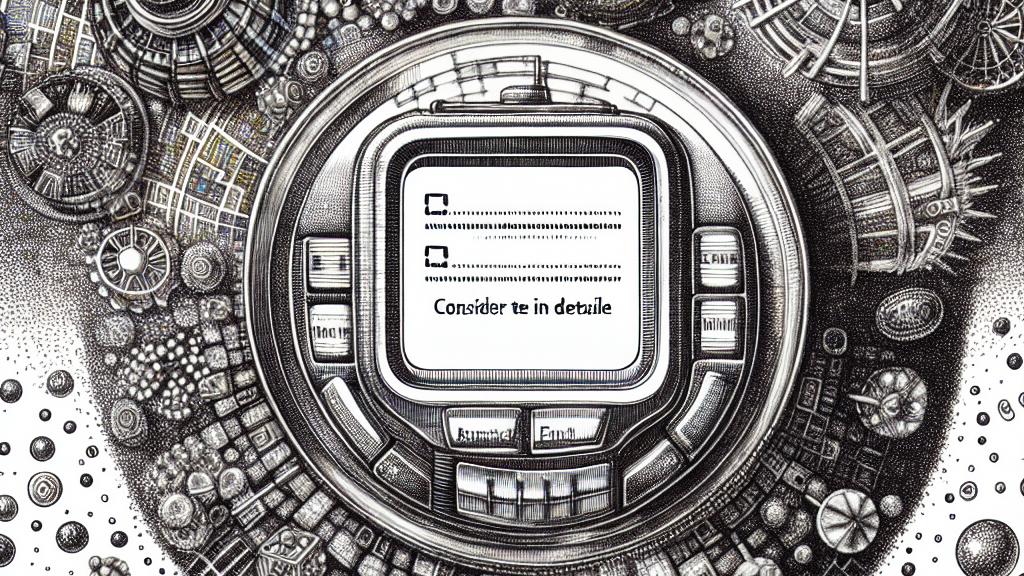Understanding the TikTok Shutdown in America
Overview
- TikTok faces an imminent shutdown in the U.S. by January 19, 2025, unless major changes happen.
- The TikTok ban law is supported by the Supreme Court, igniting significant debates across the country.
- Former President Trump may intervene, throwing the future of TikTok's operation into uncertainty.

The Ban Law Explained
In a dramatic turn of events, the TikTok Ban Law has been enacted in the United States, creating a storm of reactions among users and lawmakers alike. This sweeping legislation requires TikTok to either divest its U.S. operations or face a total shutdown by January 19, 2025. Recently, the Supreme Court has upheld this law, raising serious concerns about national security linked to TikTok's data practices and its ties to foreign governments. For the staggering 170 million TikTok users, this isn't just about legalities—it's about losing a space where they can express themselves. Imagine logging on and seeing a message saying the app is no longer available—that's the heart-wrenching reality that could unfold soon.
Impact on Users
For many, TikTok is synonymous with creativity and connection; it's turned into a lifeline for millions trying to express themselves. Picture this: your friends, your favorite creators, and even those hilarious pet videos—all of it gone in an instant. TikTok isn't just a platform; it's a community where users transform their ideas into reality, spark important conversations, and even promote causes like mental health awareness. The potential shutdown could feel like the closing of a beloved local café where everyone gathers; suddenly, people may find themselves searching for new outlets. Moreover, the innovative power of TikTok has helped generate movements, from fundraising for charities to driving social change, showcasing just how impactful this platform has become.
Politicians and Their Positions
The TikTok saga has become a fascinating spectacle in the political arena, drawing widely varying viewpoints. The Biden administration highlights the importance of national security, arguing that TikTok's data collection poses a clear and present risk. Conversely, the incoming President Trump appears to display a different stance, hinting that he might halt the enforcement of the TikTok Ban Law. This political tug-of-war not only raises questions about user rights but also emphasizes the balancing act between safety and freedom of expression. How will decisions made by politicians impact the everyday lives of millions who rely on this platform? It's a complex situation, where the future of an app could serve as a litmus test for broader issues concerning privacy and governance.
The Bigger Picture
As we delve deeper into the TikTok shutdown, we must recognize the broader implications it carries for tech regulation globally. The discussion isn't merely about TikTok; it represents a pivotal moment in how technology intertwines with legislation and user rights. Countries worldwide grapple with similar challenges: how can we preserve innovation while ensuring the safety of citizens? TikTok's influence is vast, and the results from this situation could shape the future landscape of digital platforms. It's essential for users, policymakers, and advocates to join this crucial dialogue as the outcome here could ultimately redefine our interaction with technology. By examining the TikTok saga closely, we are prompted to think critically about our digital freedoms in an increasingly data-driven world.

Loading...